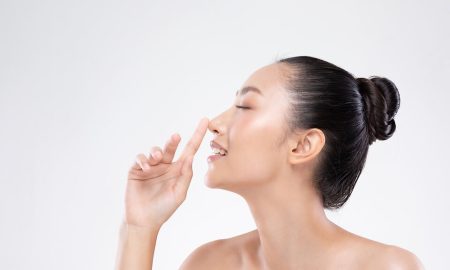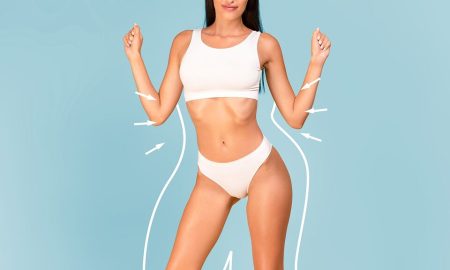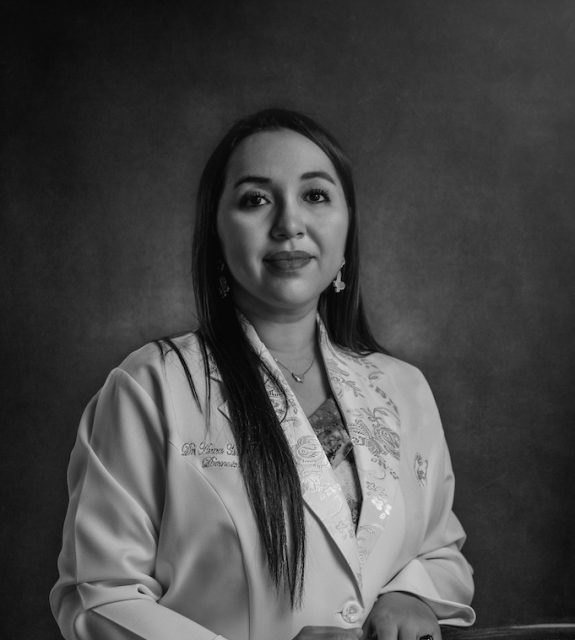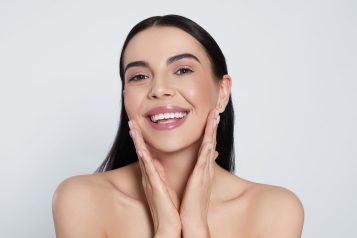Jay Young, MD is a board-certified surgeon specializing in the nose and sinuses. His expertise includes facial plastic surgery such that he can treat medical and cosmetic conditions related to the nose and face. He actively aims to provide a combination of the most modern technological advances in a caring and nurturing environment. Dr. Young has a background in engineering and is passionate about employing the latest devices to treat his patients. He is the founder of the Miami Nose and Sinus Center where a primary focus is on minimally invasive nasal and sinus procedures for snoring and sleep disorders. Dr. Young is also adept at rhinoplasty, Botox, fillers, facial rejuvenation, and skin cancer reconstruction. Oftentimes he can help his patients breathe better, sleep better, look better, and feel better with brief, comfortable procedures in the office and avoid general anesthetic. For convenience, patients evaluated at the Miami Nose and Sinus Center can also receive treatment for hearing/balance problems, voice/throat disorders, chronic cough, and allergies.

Are you having trouble breathing while wearing a face mask?
Well, you are not the only one!!! Like it or not wearing masks during the COVID-19 pandemic is likely to be a part of our lives for the foreseeable future. However, wearing a mask can “unmask” underlying baseline breathing problems. Many people simply have gotten used to obstructed nasal breathing over the years and now with wearing face masks, they notice it.
First off, masks should fully cover your nose and mouth to be effective in reducing the spread of illnesses such that fit is of paramount importance. Look for a comfortable mask and generally speaking one made of cotton as these tend to be a bit more breathable. Remember to dispose of or wash your masks regularly as dust, skin oils, saliva, skincare products, makeup, and debris can accumulate, further inhibiting breathing.
Independent of the inherent problems with wearing masks, baseline nasal obstructive breathing is relatively common and there is a host of contributing factors ranging from allergies to physical blockages.
Those with underlying allergies can oftentimes benefit from nasal corticosteroid sprays (Flonase, Nasonex, Nasacort, etc.) or over the counter antihistamines. Seeing a physician first is helpful to see if you are a candidate.
Typically speaking, a nose specialist will perform a nasal endoscopy in the office prior to recommendations. This is a quick painless procedure and is important to rule out structural problems or the more serious (e.g. tumors) contributors to nasal obstructive breathing.
In regards to the structural problems of the nose, these include but are not limited to a deviated septum, turbinate hypertrophy (swelling of inner lining of nasal passages), enlargement of adenoids, and nasal valve collapse. In more serious cases, other contributing factors to nasal obstruction include masses or polyps. In patients that have had prior cosmetic rhinoplasty, the nasal obstruction while wearing a mask can be quite pronounced because of weakened nasal cartilage.
For those with a deviated septum, this can be corrected easily with a quick outpatient procedure and in some cases can even be performed in the office as well. Turbinate enlargement is extremely common and a ten-minute procedure in the office can help alleviate this obstruction. Adenoid enlargement is more often seen in children and can respond to medications or if necessary outpatient surgical removal.
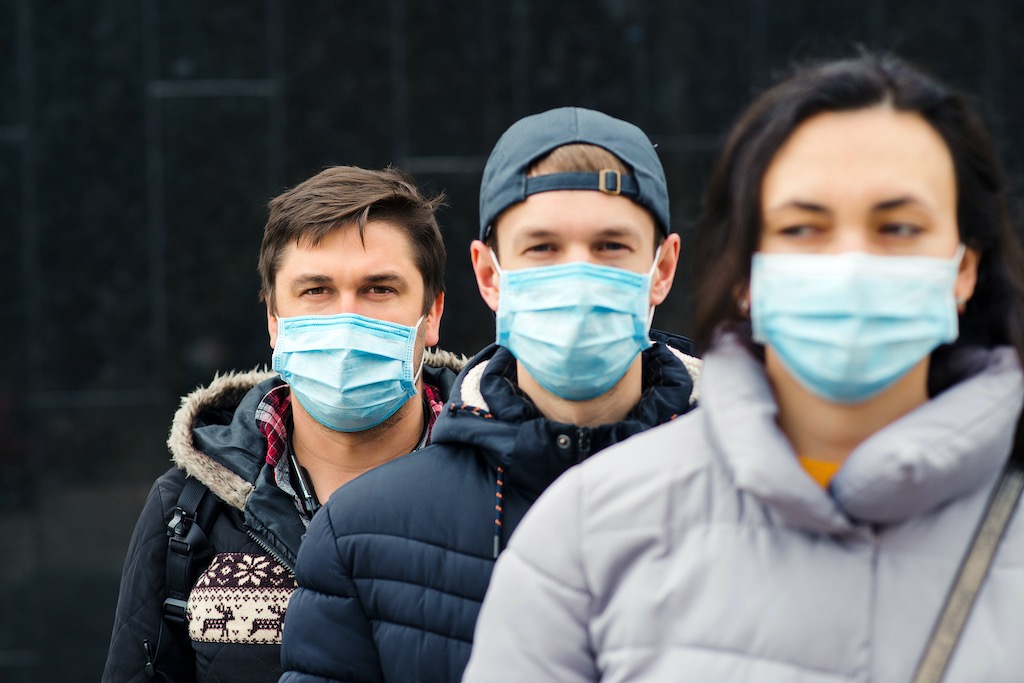
What I have noticed is that some patients have even tried Breathe-Right strips under the masks. If this benefits you, you may have underlying nasal valve problems-meaning the nasal passages are too narrow or in some cases, the cartilage is too weak and collapses when you breathe in. A simple test is to use your fingers to gently pull your cheek away from your nose and breathe in.
If you have a significant improvement in breathing then you may indeed have nasal valve problems and seeing a nose specialist will certainly be of benefit.
For those that have nasal valve problems and/or have already had a rhinoplasty and do not seek additional surgery, a product called latera may be of benefit. It is an absorbable implant that provides structural support to the nasal valve. Remodeling occurs once the implant is replaced with a fibrous collagen construct to provide ongoing support.
While individual results may vary, LATERA implant patients saw the following improvements:
- Reduced nasal congestion or stuffiness
- Less trouble breathing through the nose
- Improved ability to get enough air through the nose during exercise or exertion
- Reduced nasal blockage or obstruction
- Less trouble sleeping
- Additionally, Latera can be placed in the office in 15-minute procedure.
Ultimately seeing a nose specialist is helpful to delineate the actual cause of obstructive nasal breathing. While wearing a mask may be uncomfortable, it does not have to significantly impair your breathing as there are MANY options medical, procedural, and surgical to improve your nasal breathing.











